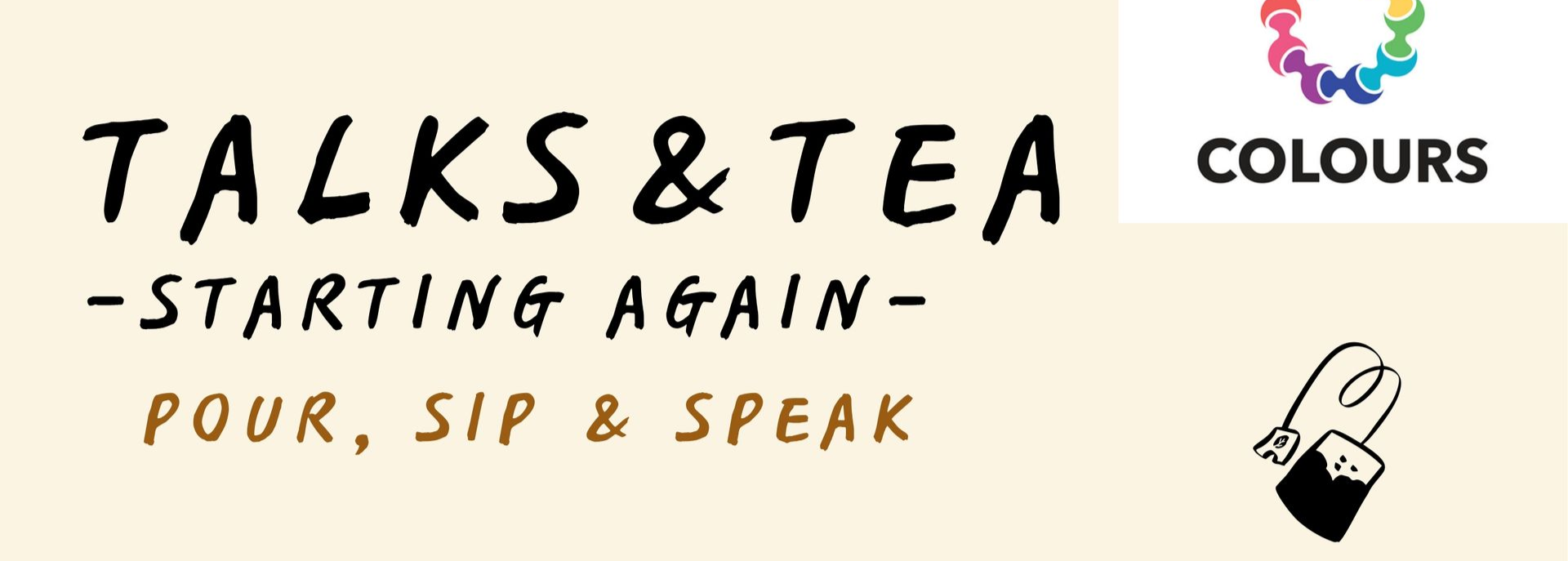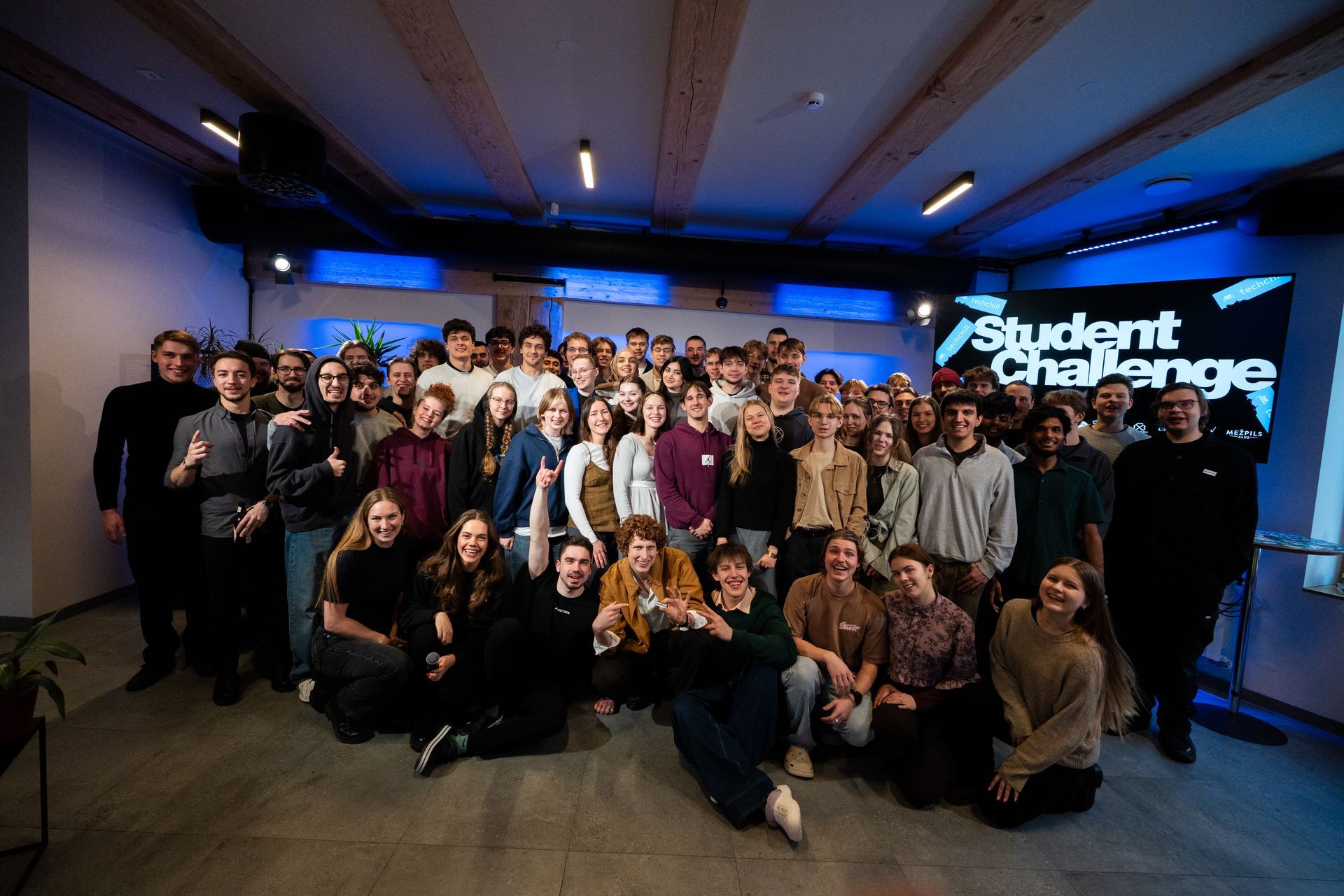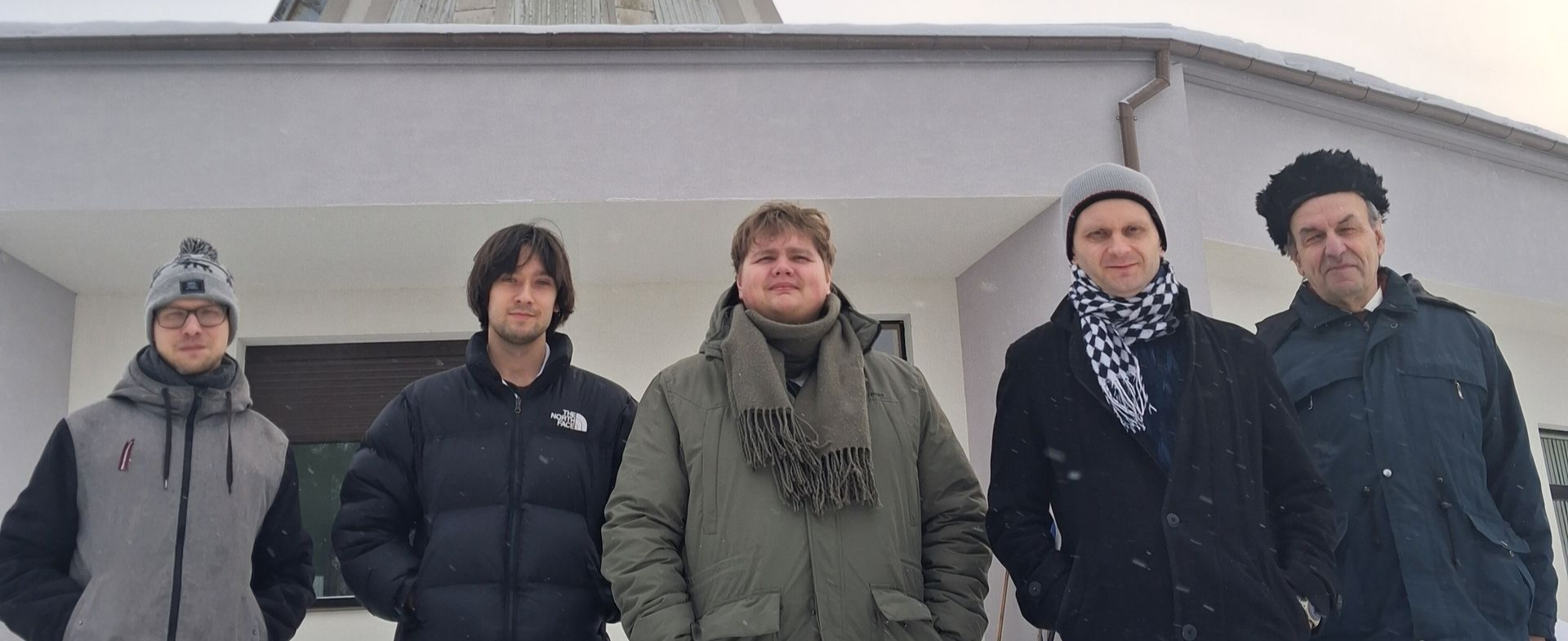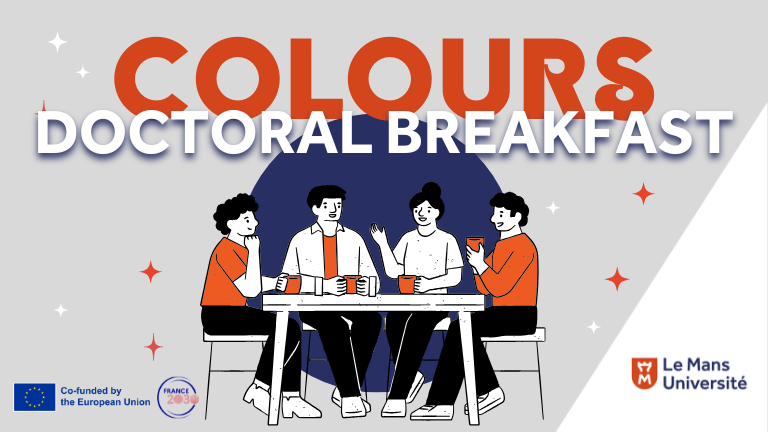The VIRAC Scientific Workshop "Bulgaria-Latvia-Ukraine Initiative for Space Weather Research" was held
For the third year, researchers from the Ventspils International Radio Astronomy Centre (VIRAC) of the Ventspils University of Applied Sciences (VUAS) together with Bulgarian and Ukrainian colleagues are organising the scientific workshop "Bulgarian-Latvian-Ukrainian Initiative for Space Weather Research" in Primorsko, Bulgaria.
In early June this year, researchers from VIRAC participated in the international scientific conference "Solar Influences on the Magnetosphere, Ionosphere and Atmosphere, 16th Workshop 2024". Within the framework of the conference, VIRAC together with the Institute of Space Research and Technology of the Bulgarian Academy of Sciences and the Institute of Radio Astronomy of the Ukrainian National Academy of Sciences organised a scientific workshop "Bulgaria-Latvia-Ukraine Initiative for Space Weather Investigations (BLU 2024)", which took place from 3 to 7 June. Both events took place in Primorsko, Bulgaria.
The main topics of the conference and workshop were:
- Sun and Solar Activity;
- Solar wind, magnetospheric and ionospheric interactions;
- Solar influence on the lower atmosphere and climate;
- Solar influence on the biosphere and lithosphere;
- Space weather instruments;
- Data processing and modelling.
During the conference, collaboration with colleagues from the Institute of Space Research and Technology, Bulgarian Academy of Sciences, Sofia, on space weather and space climate topics was promoted.
Dmitrijs Kolotkovs represented VUAS at the conference, presenting an oral report "Multi-wavelength quasi-periodic pulsations as a new proxy of electric current systems in stellar flares". The abstract is available in the Conference Book of Abstracts, DOI: 10.31401/WSoz.2024.abs.
The BLU 2024 workshop was attended by Vladislavs Bezrukovs from VIRAC with "Advancements and scientific Endeavors at VSRC: latest developments and research activities", Janis Steinberg "Progress of VIRAC team using LOFAR station LV614" and Dmitrijs Bezrukovs "Microwave observations of the Sun in Irbene STEF project". Workshop programme and presentations are available at: Initiative for Space Weather Investigations 2024.
In recent years, the VIRAC team has gained considerable experience in making microwave observations of the Sun and is now able to make regular spectral polarimetric observations of the entire solar disk and selected active regions. Microwave emission is observed with the RT-32 radio telescope equipped with a multi-channel (12 frequency channels) spectral polarimeter in the 2.1-7.4 cm wavelength range and with both circular polarizations. Spectral observations of polarised solar microwave emission allow direct measurements of plasma parameters and magnetic field inductions in the upper chromosphere and lower corona at different altitudes. Current solar microwave observations could thus be used to investigate some of the challenges of space weathering. The conference and the scientific seminar papers are devoted to some technical and methodological issues of solar observations, which are actively pursued by the VIRAC. The presentations also addressed possible solar physics problems that could be investigated on the basis of microwave spectral polarimetry observations. The possibility of studying coronal holes and coronal hole-like regions ("dark coronal corridors", "coronal partings", "s-web") associated with local open magnetic fields that could be considered as sources of slow solar winds is also discussed, as well as the analysis of microwave flux variations in active regions before solar flares.
More information about the conference and the scientific workshop is available on the websites listed below:
https://spaceclimate.bas.bg/ws-sozopol/
https://en.venta.lv/initiative-for-space-weather-investigations-2024
These activities were part of the project "Multi-Wavelength Study of Quasi-Periodic Pulsations in Solar and Stellar Flares" (STEF), No. lzp-2022/1-0017 and were funded by the project.
Share on other platforms
Other news







